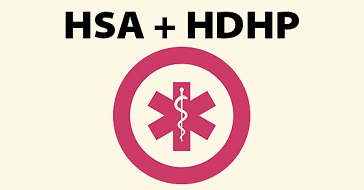Are you ready to expand to a second location?
- Details
- Published: Monday, 22 October 2018 08:47
- Written by Phillip Strickler, CPA.CITP

Most business owners want to grow their companies. And one surefire sign of growth is when ownership believes the company can expand its operations to a second location.
If your business has reached this point, or is nearing it, both congratulations and caution are in order. You’ve clearly done a great job with growth, but that doesn’t necessarily mean you’re ready to expand. Here are a few points to keep in mind.
Potential conflicts
Among the most fundamental questions to ask is: Can we duplicate the success of our current location? If your first location is doing well, it’s likely because you’ve put in place the people and processes that keep the business running smoothly. It’s also because you’ve developed a culture that resonates with your customers. You need to feel confident you can do the same at subsequent locations.







